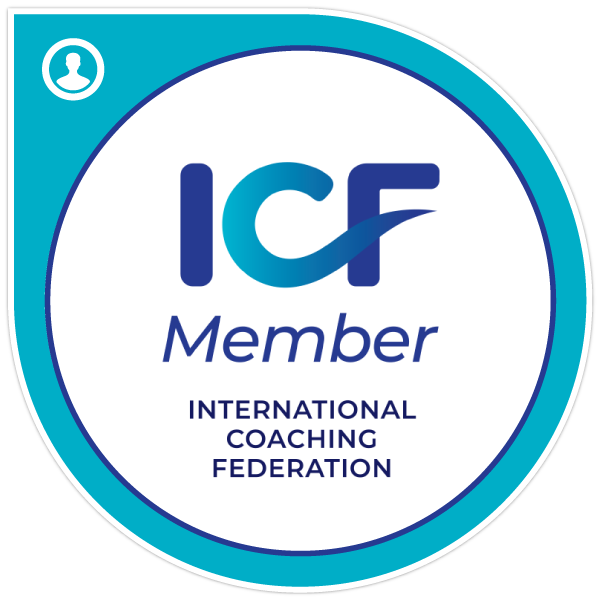"Procrastination is the art of keeping up with yesterday."
– Don Marquis
We have all been there. An important task lies ahead of us, but instead of tackling it, we start organizing the desk, checking email for the fifth time, or googling 'how to be more productive' – ironically. Procrastination is a paradox. We postpone what we know we should do, even though it leads to more stress and guilt.
But why do we do this? And even more importantly – how do we break the pattern?
Procrastination is not laziness – it is emotion-driven decision-making
Many believe that procrastination is about a lack of discipline or laziness, but research shows that it is more a matter of emotions than time management. According to psychologist and researcher Piers Steel, author of The Procrastination Equation, it is about an inner struggle between short-term rewards and long-term goals.
When a task feels overwhelming, difficult, or boring, the brain tries to escape the discomfort by choosing something that provides quick satisfaction – like scrolling on the phone or having an extra cup of coffee. It becomes a temporary relief, but in the long run, we pay the price in stress and lost productivity.
What happens in the brain when we procrastinate?
Neurologically, procrastination is a struggle between the limbic system, which seeks immediate reward, and the prefrontal cortex, which is responsible for planning and long-term thinking. When we procrastinate, it is essentially the limbic system that wins the battle – we act on emotion rather than reason.
Research from Psychological Science also shows that the brain treats our future self as a stranger. We rationalize away responsibility by thinking 'I'll deal with it later,' as if we are delegating the problem to someone else.
How do we stop procrastinating?
Fortunately, there are strategies to outsmart our brain and take control. Here are some tools that coaching often uses to help leaders and high-performing individuals break the pattern:
1. Make the uncomfortable comfortable
Instead of viewing a task as a mountain, break it down into smaller steps. As James Clear describes in Atomic Habits: ”You do not rise to the level of your goals. You fall to the level of your systems.” Create small routines that reduce the friction to action.
2. Time boxing – trick the brain into starting
Set a timer for 10–15 minutes and tell yourself that you only need to work during that time. Often, the hardest step is starting – and once you're going, you'll want to continue.
3. Connect the task to something meaningful
Ask yourself: Why is this important? Connecting the work to a larger purpose can reduce resistance. This is a method often used in coaching – to find the inner motivation behind a task.
4. Eliminate distractions and create triggers
Create an environment where it is easy to focus. Put away your phone, use apps that block distracting sites, and create a starting trigger – for example, always begin the day with 30 minutes of focused work.
5. Be kind to yourself
Research from the University of California shows that self-compassion is one of the most effective strategies against procrastination. Beating yourself up for having procrastinated only leads to more stress and continued avoidance. Instead, see it as an opportunity to understand yourself better and adjust your working methods.
What can coaching contribute with?
Many procrastinate not because they are lazy – but because they feel overwhelmed, lack clear strategies, or are afraid of failing. Leadership coaching helps you to:
✔ Identify the root cause to why you procrastinate
✔ Create structures that make it easier to take action
✔ Develop mental strategies to manage discomfort and uncertainty
✔ Find intrinsic motivation connected to your values and goals
Time to stop waiting for the right moment
We often wait for the 'right moment' – but the truth is that the perfect opportunity never comes. As Mark Twain said:
"The secret of getting ahead is getting started."
👉 Are you ready to tackle what you have procrastinated and make things happen? Coaching can help you take the next step – not tomorrow, but today.
Book a first conversation at no extra cost here and let's talk about how you can take control of your time, energy, and focus. Stop fighting against procrastination – and start working with your brain instead.


